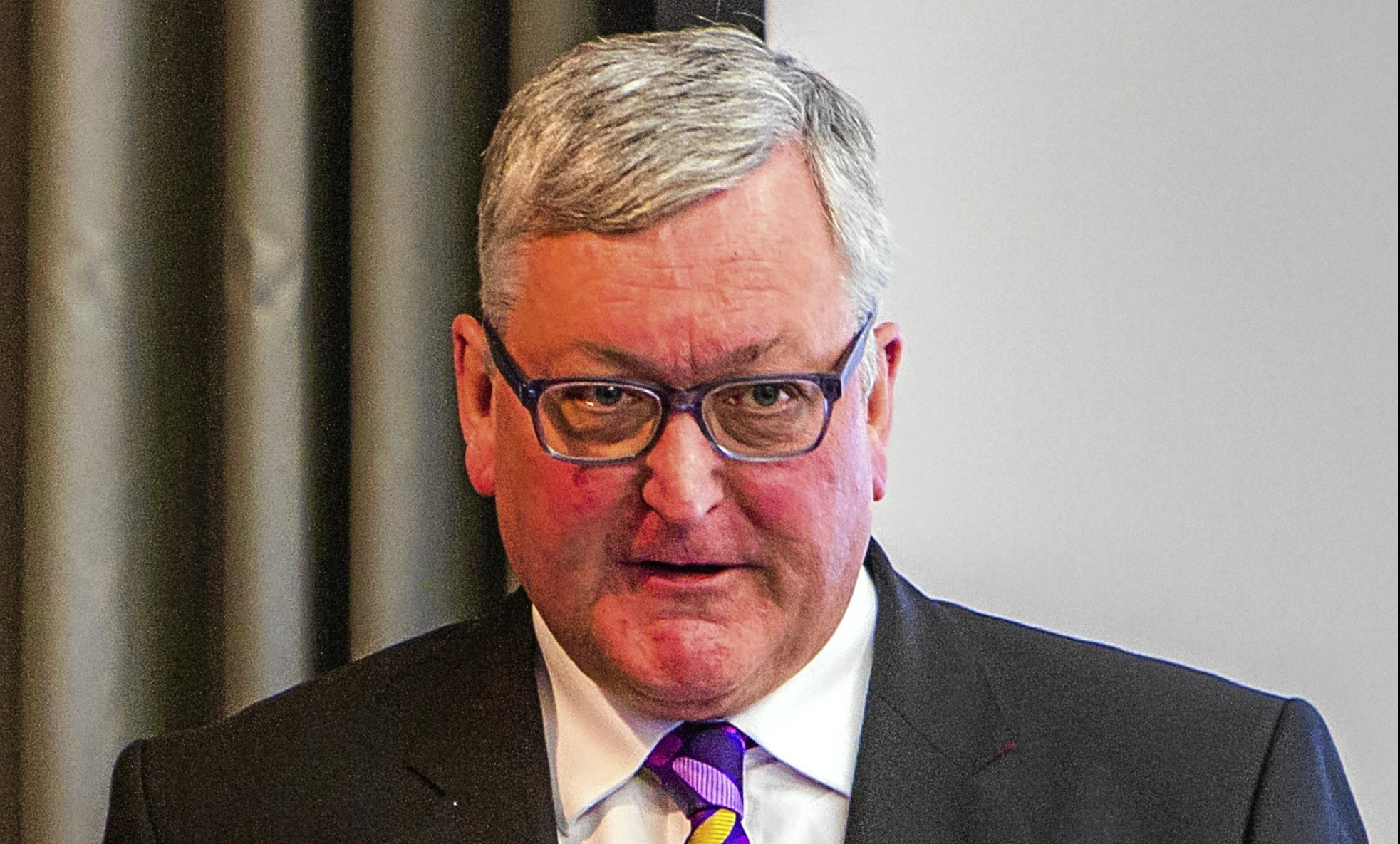Simmering resentment between the Scottish Government and the farmers union over apportioning the blame for late support payments erupted during a political meeting at Turriff Show.
The union’s livestock committee chairman, Charlie Adam told MPs and MSPs from all parties that he was “sick to the back teeth” of being told that the industry’s delayed support payments were due to NFUS demanding too much complexity in the system.
“I feel very strongly and very resentful,” he said.
“We did the best we could do to try to get money to where it needs to be and in my opinion, the failure to distribute money was down to mapping. Whether there was incompetence as well, I don’t know, but I am fed up to the back teeth that every moment the pressure comes on, an NFU representative is told that the mess we have is down to us asking for too much.”
NFUS director, Gerald Banks pointed to an open letter from Rural Economy secretary Fergus Ewing published at the weekend which suggested, he said, that the union had “made things complicated”.
“That is not a fair criticism because we went together, holding hands,” he said.
Mr Ewing’s letter does, however, make clear his impatience with the union.
Writing in The Scottish Farmer about the Upland Sheep Support Scheme, he says: “As we have advised on at least two occasions, it has for some time been the Scottish Government’s intention to commence sheep payments in July. Until now, the NFUS had told us they agreed with this prioritisation of work, given the circumstances. However, we will take on board what they are now saying about the timetable. We will also consider their proposed changes to the scheme carefully, although it should be noted that the rules of the scheme – which was introduced at their request – were discussed with them in detail in advance.”
Stewart Stevenson MSP conceded that the union had been criticised, but appealed to the farmers not to allow that to damage the relationship between politicians and the NFUS.
He said: “Charlie is correct, that has been said. The computer system is the primary cause of the problem. It would have been simpler to develop if the scheme had been simpler, that’s the point that’s being made, but that is not an excuse for the failure to properly develop the computer system.
“I will take my friend Fergus aside and convey what you said, in appropriate terms that can be said in private.”
Mr Ewing later clarified his position.
“The system we’re administering is tremendously complex. The more complex a system is, obviously the more difficult it is to administer with a brand new CAP scheme with a new IT system, so all I’m saying is the collective effort in agreeing an ultra complex system did lead to complexities which, in part, made it difficult to administer the scheme,” he said.
“But I’m not in the business of blame so if anyone has said so I’m afraid they’re not understanding me accurately.”










